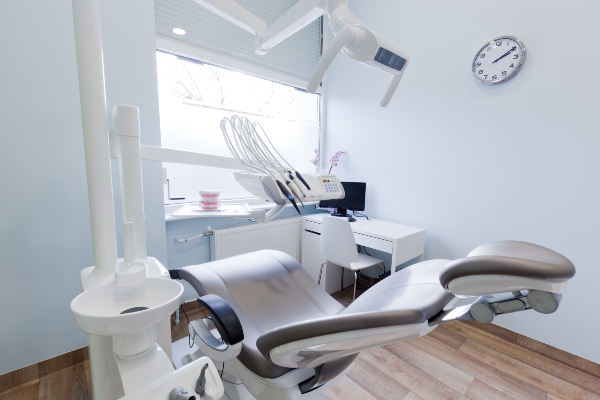 Dental implants are an increasingly popular choice for individuals with missing or damaged teeth. They offer a variety of benefits over traditional dentures or bridges. However, they can also come with challenges, and not everyone will benefit from the procedure. This article will explore the pros and cons of dental implants to help you make an informed decision about whether they are the right treatment option for you and your smile's health.
Dental implants are an increasingly popular choice for individuals with missing or damaged teeth. They offer a variety of benefits over traditional dentures or bridges. However, they can also come with challenges, and not everyone will benefit from the procedure. This article will explore the pros and cons of dental implants to help you make an informed decision about whether they are the right treatment option for you and your smile's health.
The pros of dental implants
1. Improved appearance
When people have missing or damaged teeth, it can affect their self-esteem and quality of life. Fortunately, dental implants look and feel like natural teeth and can help improve one's overall appearance. A dentist makes the implants match the color, size, and shape of the patient's remaining teeth so they can seamlessly blend in with the rest of the patient's smile.
2. Enhanced oral health
Missing or damaged teeth do not only affect the appearance of one's teeth. It can also lead to bone loss and other oral health issues. Dental implants, like natural teeth, stimulate the jaw and prevent bone loss. They can also reduce the risk of gum disease, tooth decay, and other dental problems.
3. Long-lasting results
Dental implants are a long-term solution to tooth loss, and they can last for many years with proper care. They are made from durable materials such as titanium, which is biocompatible and can fuse with the jawbone to create a stable foundation for the replacement tooth.
4. Enhanced function
Dental implants function like natural teeth, meaning patients can eat, speak, and smile confidently. The replacement teeth are firmly anchored in the jawbone, so they will not slip or move around as dentures or bridges can.
5. Convenience
Implants can be cared for similarly to natural teeth. Beyond regular brushing and flossing, they do not require special care or maintenance. This makes them a convenient option for many people.
The cons of dental implants
1. Time consuming
The process of getting dental implants can be a time commitment. It often requires multiple appointments with a dentist or oral surgeon. A patient's specialized treatment plan can take several months from start to finish to ensure a successful implementation.
2. Surgical procedure
Dental implants require surgery. As such, there is a risk of postoperative complications. While most people do not experience these side effects, it is important to be aware of them. These risks include:
- Infection.
- Gum recession.
- Bleeding.
- Loose implant.
- Nerve or tissue damage.
- Sinus issues.
3. Not ideal for everyone
Due to the fact that dental implants require surgery, not everyone is an ideal candidate for this treatment option. For example, people who have certain medical conditions like unmanaged diabetes or a weakened immune system may not be able to undergo surgery. In addition, those who have significant bone loss in their jaw may not have enough bone to support an implant.
4. Maintenance
While dental implants do not require special daily care, the dentist will need to see the patient for regular checkups to ensure that the implants function properly. Patients with implants must also diligently brush and floss their teeth to prevent gum disease and other oral issues.
5. Cost
Another disadvantage of dental implants is the cost. They can be more expensive than other tooth replacement options like dentures or bridges. The final cost will depend on the individual's specific case, such as how many implants they need, the type of implant used (fixed or removable), and other factors.
We are here to help
If you still have questions or concerns about dental implants, call our office to schedule a consultation. Our team is here to help you determine if dental implants are the right option for you and your oral health. Schedule a consultation today.
Request an appointment or call Rivers Family Dentistry at 979-710-2216 for an appointment in our Bryan office.
Related Posts
A single missing tooth can present many problems that a dental implant can avoid. A single-tooth implant is designed to replace the root of your tooth. It will work and look like your natural teeth and help prevent complications associated with missing teeth. If you are considering getting an implant, it is important that you…
Replacing missing teeth with dental implants can result in a stable and strong bite. It restores the crown and the root. Knowing how this dental replacement system replaces a missing tooth can convince you to set an appointment with your dentist about it. Here are the details about how dental implants can make this happen.Tooth…
Dental implants replace missing teeth and help with chewing, speaking, and smiling. They can consist of titanium or a combination of titanium and ceramic materials. Dental implants serve as anchors for artificial replacements: full dentures, partial dentures, dental crowns, and bridges. If you are considering dental implants, this guide will help you know what to…


